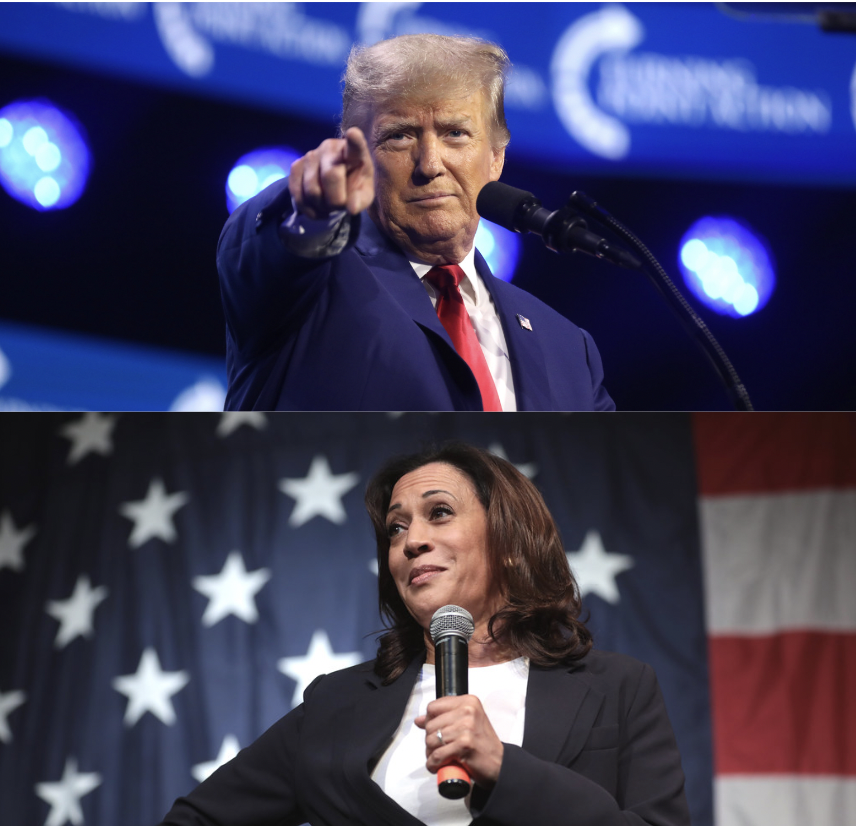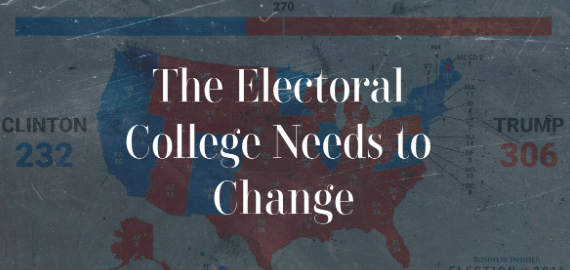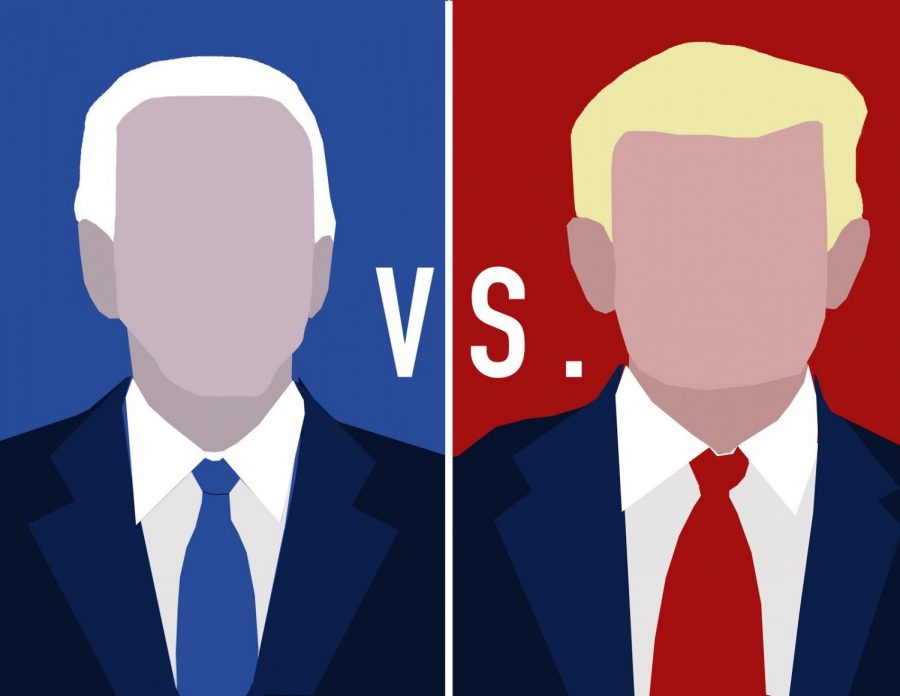After two years of campaigning, Donald J. Trump has been elected as the 47th President of the United States, making history with several unique circumstances surrounding his win.
At LFHS, the results of a senior class survey before the election reflect a divided perspective, with 51.1% indicating support for Trump and 36.6% for Harris. This division mirrors national controversies, as the divisive split between candidates was evident.
In our community, many people are enthusiastic about Trump’s election to the presidency, feeling hopeful about the future. However, others express concern which reflects a range of hopes and anxieties about the nation’s direction.
Reactions from Supporters and Opponents
Following the results of the election, Trump said, “After everything we have been through together, we stand on the verge of the four greatest years of our nation’s history.”
Vice President Harris urged her supporters to accept the election results and maintain a peaceful transition of power.
“The outcome of this election is not what we wanted or what we fought for, but hear me when I say: The light of America’s promise will always burn bright–as long as we never give up, and as long as we all keep fighting,” Harris said.
AP Gov teacher Cheryl Kyrias emphasized the structure of the electoral process, illustrating how individual states play a decisive role in shaping the national outcome.
“In Illinois, Kamala Harris won 53.6% of the popular vote, Donald Trump won 45% of the popular vote…, and Independent candidate Robert F. Kennedy, Jr. won 1.4% of the popular vote. Because Kamala won the most popular votes in Illinois, she received ALL of Illinois’ electoral votes (19). It’s called the winner-take-all system,” Kyrias said.
There is a wide range of emotions and perspectives after the election which reflect how the nation processes the results.
“Over the next two years with a red Congress and President, I think a lot can get done. I think a new universal voter ID law will be put in place, immigration changes, foreign policy, and the war in Ukraine will end,” senior Karl Nagel said.
Another large majority of students at LFHS express deep frustration and disappointment over the election outcome.
“I was hopeful prior to the results of this election, but now I’m just flat-out disappointed. At first, I was so excited to finally look at the White House and see a female creating a safer, more compassionate, more equal nation,” senior Stella Henretta said. “But, I never expected that the majority of the country would willingly choose to elect a corrupt, racist, sexist and homophobic candidate.”
The polarizing nature of the election not only highlighted sharp ideological differences, but also left some students feeling very unsettled. Many felt prompted to question the values, beliefs, and priorities of their peers.

“I understand we all have our own opinions, and I respect that, but it genuinely makes me queasy sitting next to some students in my class who voted for Trump; they essentially would rather have rights to automatic military-grade machine guns than let me have access to an abortion,” Henretta said.
Some students also expressed surprise at the nation’s choice to re-elect a former president rather than opting for new leadership.
‘“This is somewhat saddening to me, because generally speaking, one would imagine that the young voters of a population really want to see some forward change, not going backwards like Trump promises for the most part,” senior Nicholas Pizzo said. “When this kind of realignment happens, it is sad because young voters should really be looking towards the future”
Some, however, remain optimistic that the new leadership will focus on promoting unity and restoring stability. Many hope that with a balanced and thoughtful approach, Trump will focus on addressing common concerns and creating a more cohesive society.
“Republicans need to focus on unifying the country, and not bragging that they won. It’s more important that we bring the country together. People are worried about extreme views, but they will feel more unified when they find out it won’t be super extreme one way or the other,” Nagel said.
This election saw Trump secure victories in key swing states–Pennsylvania, Michigan, and Wisconsin–which sealed his path to the White House with 312 electoral votes compared to Vice President Kamala Harris’ 226. In order to win the race, a candidate must receive at least 270 electoral votes.
Historic Moments
This election is notable in part because Trump becomes the first president-elect with a federal conviction. His trial related to a “hush money” conviction is set for Nov. 26, leading to ongoing discussion about how his legal proceedings might affect his role as president.
This election is also considered to be “historic” as voters endorsed a White House ticket pairing the oldest president with one of the youngest vice presidents. It also marks milestones with the election of two Black female senators and the first transgender person to serve in Congress.
Amid all of the excitement that comes with election day across the country while anxiously anticipating who will take over the Oval Office for the next four years, the result of this polarizing election was met with inevitable backlash.
The vote between the candidates was practically split, with Trump taking the popular vote by about 5 million more voters than Harris. Trump is the first Republican to win the popular vote since George W. Bush in 2004.

Millions of voters who supported Biden in 2020 did not show that same support for Harris this year. Biden received 81.2 million votes in his campaign, whereas Harris fell short with 68 million votes when Trump reached 270 electoral votes.
Because of this, candidates can sometimes lose the popular vote but still win the Electoral College to become president, which has happened five times in our history and most recently in 2016 when Trump won against Hillary Clinton.
Key Issues in the Election
Throughout his three White House campaigns, Trump has consistently emphasized immigration reform, proposing strict deportation measures and advocating for the death penalty in cases where a migrant kills a U.S. citizen.
On economic matters, Trump proposed a range of tax reforms, including abolished taxes on Social Security payments, making tips tax-free, and reducing corporate tax rates. He also pledged to end inflation, which has risen significantly under President Joe Biden before recent declines.
A key issue Vice President Kamala Harris focused heavily on was reproductive rights, as several states passed measures to protect abortion access. Trump maintained that these decisions should remain in the hands of individual states, emphasizing his stance on states’ rights in shaping abortion laws.
This specific policy was a divider between the parties because it underscored contrasting views on federal versus state control, a theme that ran through Trump’s positions on multiple issues. These differences are reflecting a divide in how each party approaches governance and individual freedoms.
“I think there’s going to be a lot of talk of the country being exceedingly polarized,” senior Nicholas Pizzo said. “The reality is, the political parties themselves are not polarized based on their electoral issues; it’s just the political system that is causing a lot of hatred and discord currently around America.”





















